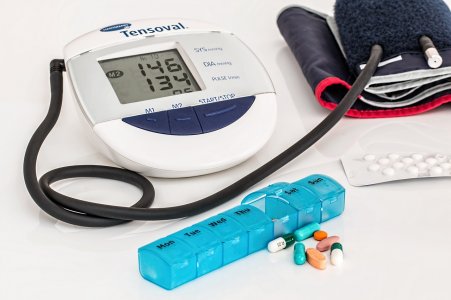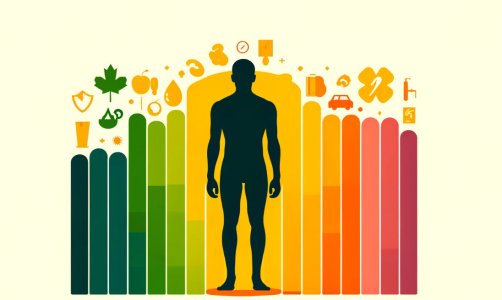
The "silent killer" - High blood pressure/hypertension typically doesn't cause noticeable symptoms. However, some subtle signs may indicate high blood pressure. It's important to note that these symptoms can vary from person to person, and other conditions can also cause them. If you suspect you have high blood pressure, it's best to consult a healthcare professional for a proper diagnosis. Here are five subtle symptoms that may be associated with high blood pressure:
Headaches: Frequent headaches, particularly at the back of the head and in the morning, could be linked to high blood pressure. However, headaches are a common symptom with various causes, so they should not be relied upon as the sole indicator of hypertension.
Fatigue and dizziness: Experiencing ongoing fatigue, weakness, or dizziness could indicate high blood pressure. These symptoms can arise due to reduced blood flow to the brain but can also have other causes.
Blurred vision: High blood pressure can affect the blood vessels in the eyes resulting in blurred vision or difficulty focusing. However, vision problems can also be caused by other eye conditions, so it's essential to have an eye examination to determine the underlying cause.
Chest pain: Individuals with high blood pressure may occasionally experience chest pain. This can result from the heart working harder to pump blood against increased resistance. Nevertheless, chest pain can be a symptom of various other serious conditions, so a medical professional should always evaluate it.
Shortness of breath: If you frequently experience difficulty breathing or feel breathless after minimal physical exertion, it could be a sign of high blood pressure. Elevated blood pressure can strain the heart, leading to reduced oxygen supply to the body and resulting in breathlessness.
It's worth noting that these symptoms are relatively nonspecific and can occur due to a wide range of health issues. The most reliable way to diagnose high blood pressure is through regular measurements taken by a healthcare professional.




